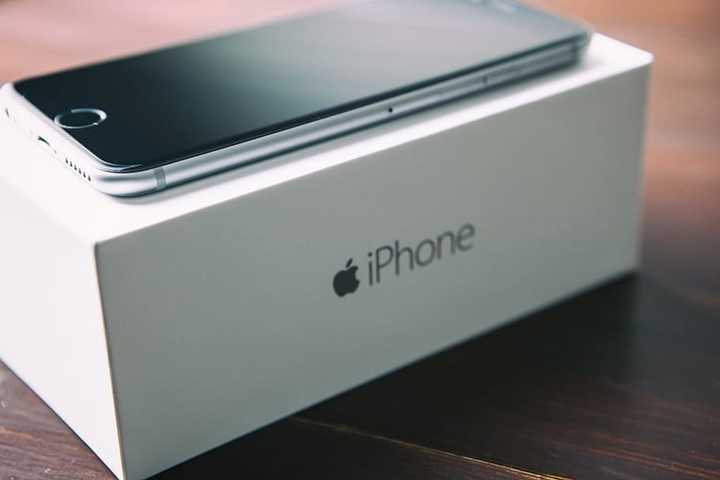A multi-state investigation led to a complaint accusing the electronics giant of hiding unexpected power-offs (UPOs), battery health and performance issues, as well as software upgrades that slowed down or “throttled” performance, state Attorney General Gurbir S. Grewal said.
Apple doesn't admit to any violations of the law under the $113 million settlement reached with 34 states on Wednesday, Grewal said.
The company also is involved in a proposed $500 million settlement to consumers of a class-action litigation related to the same conduct, he noted.
Apple pushed out software “fixes” that intentionally throttled performance of the iPhone Series 6, 7 and SE (Special Edition) devices "in an effort to quietly resolve the UPO issues," a complaint filed in Trenton charged.
"Because the unexplained slow-downs resulted in many consumers deciding that the only way to get improved performance was to purchase a newer-model iPhone from Apple, the alleged fraud resulted in more sales for Apple," it said.
Nearly 3.5 million iPhones in New Jersey were affected by the battery performance issues and undisclosed throttling, Grewal said.
“Apple’s treatment of iPhone consumers was rotten,” the attorney general said. “Not only did Apple try to conceal the iPhone’s shortcomings, but the company’s supposed fix for those defects created new problems that led consumers to shell out money for new iPhones."
Apple "delayed informing consumers until well after many had already purchased new phones to replace ones they believed must be obsolete," Division of Consumer Affairs Director Paul R. Rodríguez said.
The settlement, Rodriguez said, "is not just about getting Apple to pay for its alleged duplicity, but just as importantly requires the company to abide by a variety of terms designed to ensure greater transparency moving forward.”
In addition to the $3 million, the settlement requires Apple to:
- Maintain an "easily accessible and prominent" web page that provides "clear and conspicuous information" about lithium-ion batteries, unexpected shutdowns, maximizing battery health and other iPhone performance issues;
- Notify consumers in a "clear and conspicuous manner" if a future iOS update "materially changes the performance of an iPhone when downloaded and installed";
- Provide information to consumers about the battery in the iPhone user interface (e.g., Settings>Battery>Battery Health) -- for instance: the battery’s maximum capacity, its peak performance capability and how the battery can be serviced "once its performance has become significantly degraded."
Apple also must make sure that its sales and in-store tech staff are "sufficiently familiar with the required new web page content and iPhone user interface information, communicate that information to consumers wherever relevant, and refer consumers to the web page or interface when appropriate."
Apple was aware in 2016 that aging iPhone batteries couldn't deliver sufficient power to the devices at certain times, particularly during high-performance tasks, Grewal said.
Apple didn't disclose the issues or allow consumers to replace their iPhone batteries -- even at full, out-of-warranty cost -- unless the batteries failed Apple’s own diagnostic tests, which "did not account for the very issue that was causing the UPOs," the attorney general said.
"Instead, Apple implemented the iOS software update that caused throttling," he said.
The update "essentially prevented the iPhones from ever reaching performance levels that would require too much power from their batteries," he added.
Apple continued to sell tens of millions of iPhones with known throttling issues in the U.S. throughout 2017 and didn't even acknowledge the problem until public outcry prompted an apology that December, Grewal said.
Apple briefly reduced the price on out-of-warranty replacement batteries for affected iPhones and also released a new iOS update in March 2018.
The new update "allowed consumers, for the first time, to disable the throttling mechanism, and to have more visibility into the health of their iPhone’s battery," Grewal said.
The Apple settlement includes $24.6 million to its home state of California and $7.6 million to Texas -- the two states with the most affected iPhone user bases.
Click here to follow Daily Voice Lyndhurst and receive free news updates.
